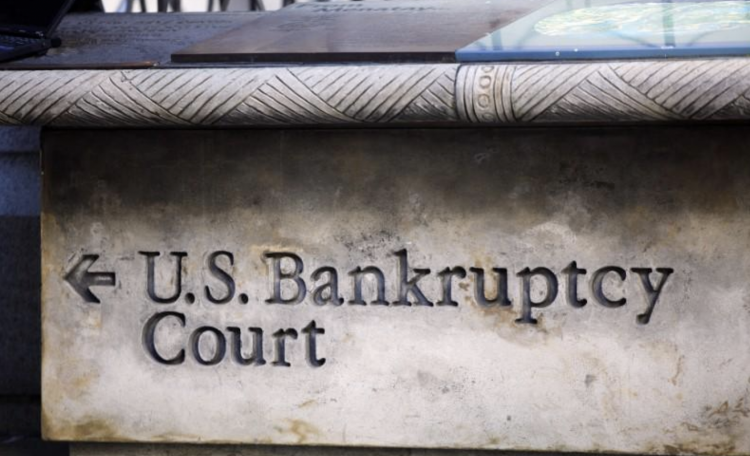Voyager Digital filed for bankruptcy on Wednesday, making it the second major cryptocurrency company to do so in recent days.
Voyager, based in Toronto, filed for Chapter 11 bankruptcy protections in the Southern District of New York, stating that the company has between $1 and $10 billion in assets and more than 100,000 creditors.
The similar range was likewise documented for its liabilities. In a statement, the company said it anticipates that "funds will be available for distribution to unsecured creditors."
The filing comes at a time when industry experts are increasing their scrutiny of Voyager's business practices, specifically how the Canadian-listed firm stated in marketing materials that investors' accounts were insured by the Federal Deposit Insurance Corporation (FDIC).
Voyager Digital Holdings, Inc., Voyager Digital, LLC and Voyager Digital Ltd. all filed for bankruptcy.
In recent weeks, crypto enterprises - and lenders in particular - have encountered solvency concerns, with several preventing consumers from withdrawing funds.
Last month, Celsius initiated this trend by stating in mid-June that it would cease withdrawals. In recent days, CoinLoan, CoinFLEX, and Voyager all announced withdrawal limitations or complete suspension of operation.
Voyager joins Three Arrows Capital in their bankruptcy filing. However, Three Arrows filed a Chapter 15 petition related to an ongoing British Virgin Islands court-ordered liquidation process.
According to author Frances Coppola, Voyager's loan book included about half of the company's entire assets, and nearly 60 percent of that loan book consisted of loans to Three Arrows.
In a statement released online, Voyager CEO Steven Ehrlich stated that reforming the company "is the best approach to secure" its assets and blamed Three Arrows for some of the company's problems.
Following that statement, Ehrlich tweeted, "Customers holding cryptocurrency in their accounts will receive a combination of the cryptocurrency in their accounts, cash from the 3AC recovery, common shares in the newly restructured Company, and Voyager tokens in exchange."
Although FDIC insurance would protect bank-held cash deposits of up to $250,000, stablecoins would not be covered.
Commentators, including Coppola, have seen Voyager's advertising regarding its treatment of deposits to be deceptive.
In addition, the FDIC insurance kicks in, in the event of a bank failure - in this case, Metropolitan Commercial Bank was Voyager's bank. There is no safeguard against a Voyager malfunction.






